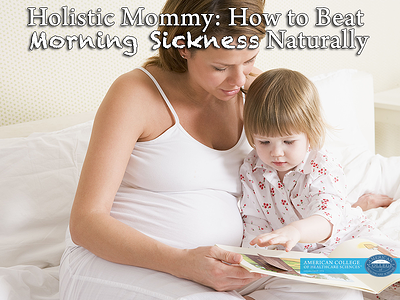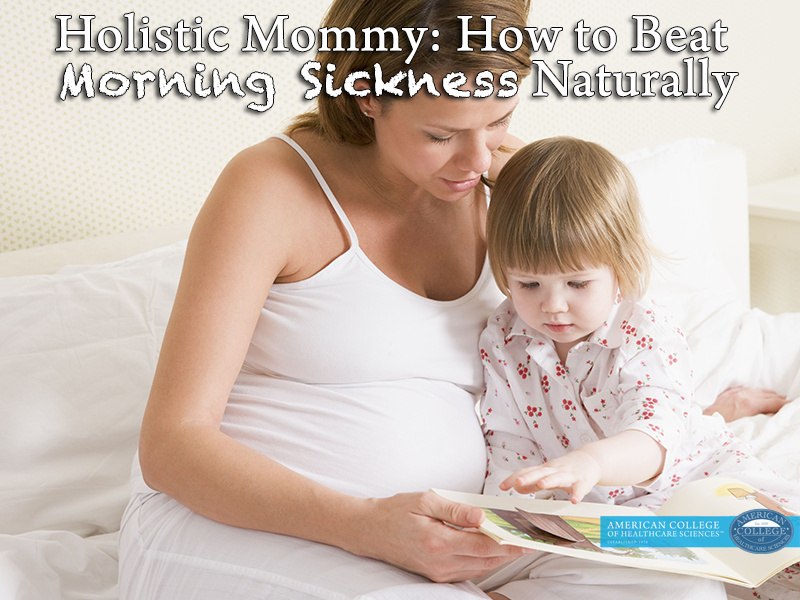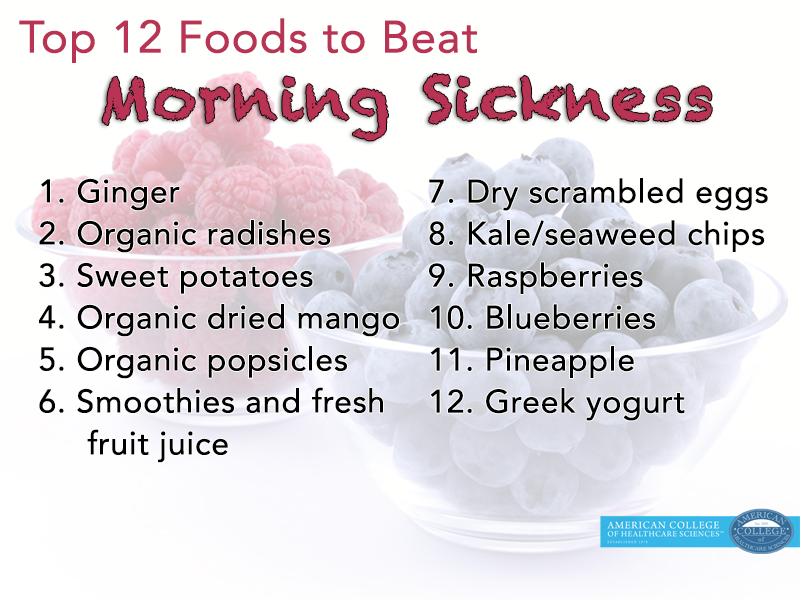
 The first trimester can be really tough. We know we have to eat healthy foods for baby (or babies in my case), but all day long nausea can make it tough to make smart choices. Severe morning sickness (or Hyperemesis Gravidarum) means you cannot eat or keep anything down at all (be sure to see your doctor if that happens as dehydration is dangerous for you and your baby!).
The first trimester can be really tough. We know we have to eat healthy foods for baby (or babies in my case), but all day long nausea can make it tough to make smart choices. Severe morning sickness (or Hyperemesis Gravidarum) means you cannot eat or keep anything down at all (be sure to see your doctor if that happens as dehydration is dangerous for you and your baby!).
While not putting on weight in the first trimester may be okay for singletons, it’s bad news if you’re having twins or super-twins. So get with your doctor if your nausea stops you from eating enough. In other cases of morning sickness, eating the right foods can help, in which case it’s important to make healthy choices or the weight will stack on too quickly. Here are a few of my tips for how to beat morning sickness naturally:
Morning Sickness Triggers and How to Beat Them
Blood sugar swings.
You can help keep your blood sugar levels stable by eating every 2-3 hours. Have three smaller meals, plus three snacks. Eat something before you get out of bed in the morning and give your blood sugar time to level out before you get up. Note that severe morning sickness can be a symptom of gestational diabetes, so your doctor may want you to take the one-hour glucose tolerance test earlier in your pregnancy than normal.
Pregnancy nose.
Yes, you’re nose becomes like a hound dog when you’re pregnant. Stay away from strong smells that can trigger nausea. Diesel fumes on the freeway are guaranteed to make me gag, so I avoid rush hour. And if you have a coworker whose perfume makes you ill, ask them to leave it off for the next few months. Don’t be afraid to ask for what you need!
Stress causes morning sickness and makes it worse.
My favorite anti-stress tool is my journal. Every night, I write down three favorite things about the day and my three least favorite. Once a week, I look for patterns and if something or someone is hitting my least favorite list more than once, it is a good candidate for elimination (from my life that is!).
If you can, tell co-workers, friends, and family about your pregnancy early so they can support you. I don’t think waiting until 12 weeks is a good idea, since we know that caring for mom during the first trimester is critical to a healthy pregnancy. Trying to act like you’re not pregnant can add stress. Plus, if you do suffer a loss, people can comfort you. Sadly, losses are very common, but the more we talk about it and support each other, the better!
Exhaustion.
You will be exhausted. You need to take naps, go to bed early, and let yourself rest. We’re programmed to want to be super-mom: popping out babies while reaching pinnacles in our careers, growing our own organic food, knitting sweaters, and hosting book clubs. It’s total nonsense. Be okay with letting a few things slide while you take a nap! Watch a few episodes of Downton Abbey and you’ll realize the societal pressure to be super woman is really difficult to achieve without a houseful of servants ; ).
Fatty foods.
Fatty foods strain the liver, which can cause nausea even if you’re not pregnant! I believe that liver congestion contributes to morning sickness. Your liver also processes the extra hormones from pregnancy, so choose foods that strengthen and support the liver during pregnancy and don’t bog it down!
Constipation.
Nobody likes to talk about poop. But it is really important to have a healthy elimination system, particularly during pregnancy. But just when you need regularity the most, pregnancy hormones play havoc with your bowels. Being constipated when you’re not pregnant is enough to cause nausea, so it’s a double whammy! Some experts recommend doubling your fiber intake while pregnant—I think it depends where you started out. If you’re getting the recommended 35 grams a day already, try adding no more than 5 extra grams of fiber every few days or you’ll end up running a methane factory. (Oh and farting a lot is another fun side effect of pregnancy!)
I use the MyFitnessPal app to track my fiber and nutrition intake. It’s pretty hard to get higher than 35 grams on average, but it’s a fun challenge to try! If you need help, take a look at my blog Holistic Nutrition: 10 High-Fiber, Low-Calorie Foods You'll Love.
Insufficient protein.
Get a balance of macronutrients: approximately 25% protein, 45% carbs, and 30% fat is a good place to start while you’re pregnant. If you’re having issues with blood sugar balance, 33% of each macronutrient may suit you better. Getting sufficient protein may help beat morning sickness naturally. Again, I use the MyFitnessPal app to track how each day is going. Your goal is at least 120 grams of protein a day and I find I feel better when I hit 140. If you’re tracking your food intake along with how you feel, it is easy to spot patterns that help you!
Hazardous chemicals.
Eat organic. Non-organic foods may have pesticide residues or contain GMO ingredients, which recent research shows can affect genes. We don’t want that nastiness EVER, but especially not while we’re pregnant! Plus, pesticide residues can strain your liver, which is already working double duty.
Dehydration.
Not getting enough water can cause nausea. Nausea and vomiting causes dehydration. It’s a vicious cycle. Ideally, hydrate with water. I love slightly fizzy Pellegrino water (in a glass). The fizz seems to make my upset stomach feel better. It’s hard to get enough water when you’re feeling nauseous, so I often add a splash of organic juice to my Pellegrino. Coconut water is also great natural way to keep hydration levels up! Don’t drink soda, coffee, or energy drinks. Herb tea, hot or iced, can be also good.
Too much technology.
Stop scrolling. Yes, scrolling can cause nausea, so put down your iPhone and see if that helps!
If you're preparing to become a holistic mommy soon, I hope these tips can help you beat the morning sickness blues naturally. Also, keep an eye out for my next blog post including the top 12 foods to naturally beat morning sickness.
How have you battled the burden of morning sickness? I’d love to hear your story in the comments!
Disclosure of Material Connection: I am the CIO of American College of Healthcare Sciences, the Institution that publishes this blog. However, all opinions are my own. This blog may contain affiliate links. I am disclosing this in accordance with the Federal Trade Commission’s 16 CFR, Part 255: “Guides Concerning the Use of Endorsements and Testimonials in Advertising.”
This article is for informational purposes only. It is not intended to treat, diagnose, cure, or prevent disease. This article has not been reviewed by the FDA. Always consult with your primary care physician or naturopathic doctor before making any significant changes to your health and wellness routine.





